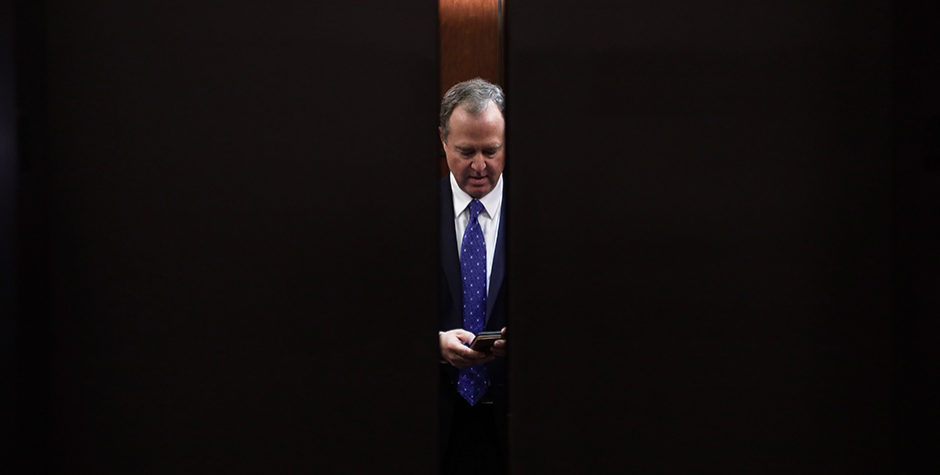Addressing a Crisis of Leaks – DNI Ratcliffe’s Move to Limit Intelligence Briefings to Congress to Written Form Is a Big Step in the Right Direction
Director of National Intelligence John Ratcliffe’s recent announcement to continue providing congressional briefings, but now in written form, is a welcomed development. While Rep. Adam Schiff and the media in Washington, D.C., try and pretend like Members of Congress are no longer receiving briefings, the truth is that they are still getting all the important national security and intelligence information they deserve, but in a different format. Rather than giving the briefings orally, the briefings will now have a paper trail. I think this is a good change.
Everyone outside of Washington, D.C., knows we have a problem with leaks of intelligence information; and often, and worse, it is unverified intelligence leaks designed for political purposes. It’s actually a crisis. Intelligence is an estimate, and it should be used by policy makers as a thoughtful estimate and one data source as they create public policy. Unverified intelligence, however, should not be used by the public or U.S. policy makers until U.S. experts evaluate its veracity. This is because unverified intelligence is just that: not verified. Reporters who pretend that unverified intelligence is verified do the public a great disservice.
While today’s political leaks are predominantly coming from Democrats, Republicans are not innocent and have done much of the same. When Barack Obama was in the White House, Republicans tried to use leaks to undermine the President’s policies. But today, Democrats have unleashed a more pronounced strategy of leaks to undermine President Trump. The problem isn’t unique to one political party, but it is a crisis that must end. Manipulating intelligence for political gain is making Americans less safe.
Director Ratcliffe’s latest move will make leaks more difficult – not impossible but certainly more difficult. The change puts leakers, politicians, and reporters on notice that one-sided verbal leaks should be met with skepticism. Responsible reporters now know that there is a larger context, in a thoughtful written form, that they may be missing. And News Editors should be called upon to ensure the stories being pushed are accurate. Irresponsible reporters, who act as advocates, will continue to be seen as purposefully pushing an agenda when they report this unverified, raw intel. The trick that many media advocates do is to quote “anonymous” sources when pushing unverified intelligence. And the news consumer should beware.
The problem Ratcliffe is trying to solve is an important issue. Intelligence officials have taken an oath to protect national security. They are literally paid to keep secrets. Career intelligence officials have privately complained to me that the small number of officials leaking state secrets are a big problem for their industry. These career officials have also complained that Members of Congress are purposefully manipulating their briefings and that they are therefore hesitant to interface with Capitol Hill. Multiple career officials refused to brief Members of Congress on the election threats when I was Acting DNI. These individuals felt strongly that their words would inevitably be twisted and their careers would suffer for the media circus that would inevitably follow the oral briefings.
Director Ratcliffe should be applauded for responding to these career officials and looking for ways to protect them. Their concerns are real. House Speaker Nancy Pelosi and Rep. Adam Schiff should not threaten these public servants by demanding that they show up and take the humiliation that politicians callously give out. The politicization of U.S. national intelligence must stop.
